
In the glory of ‘Sholay’ celebrating its 50th anniversary, we are celebrating its legacy through a series of stories. The fifth part is the saga of dialogues that have become part of the bid of Indians.

Ramesh Sippy’s ‘Sholay’ is not just a film, but a wave that has shaped India’s cinematic and social fabric in the last five decades. From Gabbar’s bodybuilding to Basanti’s spicy Batakhi, its dialogues have made their place in the dialects of India, just like the bags on the shoulders, Jai-Viru suddenly reached Ramgarh and the villagers were soaked in such a way that they were there again.

Explosive idiom of ‘Sholay’
Salim-Javed did not write only dialogues. He filled such a potass in words that its dialogues used to burst on the screen, there was a buzz in theaters. Gabbar became Amjad Khan’s mouth ‘How many men were there?’ Wrapped in curiosity, the quintal brought a crisis. Hema Malini’s Basanti – while determining to fight the dacoit with a lot – had challenged the ‘Chal Dhanno, today your Basanti’s respect is questioned’. With this line, he handed over the weight of his life to a mare. These small spicy lines are so famous that each line itself delays a Pulitzer Award.
After all, why are these lines so iconic? Because they are very deadly, they have rhythm and they are full of chopping. ‘Whoever is scared, understand that you are not just saying; While jerking, the chin up and grinded the teeth and announces to conquer his fear. ‘Now a bullet,’ reminds that it is impossible to return after crossing the loyalty of loyalty, and now death is certain.

Why are these dialogues so great?
The depth from which the dialogue of ‘Sholay’ catch Indian thinking was so long. These humor, drama and roughness are honest in such a way that the culture full of diversity, chaos and colors of India comes down in them. Like the rest of the films of his era, Sholay did not try to give a lecture of morality. This allowed the characters to speak in his easily, without wearing a cloak of etiquette, which came down in the heart of the audience.
Salim-Javed’s lines felt as if they were born in a Tapri in Mumbai; Not in any script room filled with dictionaries of Urdu and Sanskrit. Amjad Khan’s Gurrana, Dharmendra’s Tashan, Hema Malini’s temper, Amitabh Bachchan’s seriousness and Sanjeev Kumar’s anger made these dialogues a weapon, not just words.
In the country where poetry, proverb and speaking dialogue is a social custom, the lines of Sholay dissolved in the blood. In Bollywood’s Remexes, his parody in comedy and their use in publicity tells that these lines are immortal.
From screen to road: dialogue that became the language of India
The dialogues of ‘Sholay’ have become the language of our speech, with the help of which our daily functions go on. Taking a spin of a friend in the job interview, it is asked, ‘How many men were there?’ While fighting the claws, the child spontaneously speaks, ‘This hand gives me to me, Thakur.’ In the party, a friend who is being dragged to dance, someone suddenly wakes up laughing at the helplessness, ‘Basanti, don’t dance in front of these dogs.’
‘You have gone from work’ still does not come out of the mouth of the people as easily, like ‘what will happen to you Kalia?’ It moves – because there is not only fear in this line, it also has a very accurate amount of humor. For those circumstances, this is an ideal supreme when a child’s scandal has appeared in front of his mother. And how much the glory of ‘this friendship we will not break’! Be it road trip, wedding or restaurant table, adding maths of pockets, share food in a plate itself… where there is a friend, this line is there.
These dialogues make the characters of ‘Sholay’ to be larger than life. Gabbar is the villain with whom we want to chill, Thakur is the Uncle whom we respect and Jai-Viru is the man with whom we want to do it. Basanti is the girl of the class whose chatter can be heard throughout the day, even if she believes that she does not have ‘habit of talking more’. Whether political speech or stand-up comedy jumle, these dialogues are threading India in a garland.

How to use ‘Sholay’ dialogues accurately: a guide
The dialogues of ‘Sholay’ prove to be very deadly under various circumstances. But their effects are rich only when you know when and how to use them. so are you ready? Let us explain how these lines are used in a perfect way or online.
‘How many men were there?’
when to use: To have fun with a person telling the story. Suppose, someone is having the story of setting fire to the office with their presentation. There you have to stain this dialogue, to check whether there were two four men in the presentation or brother, they have come to become a hero in front of a partner.
For infallible effects: Lightly bending like Gabbar – the eyes are a little bit of tension, the dialogue proves infallible when stagnant with a little stagnation. If you have caught a cup of tea in the hand, then this dialogue becomes doubled.
‘Whoever got scared, understand it’
when to use: When a partner is getting nervous, someone is afraid to ask for a holiday from Boss or he is shivering someone’s legs after listening to the plan of a 500 km bike trip. The correct use of this line makes ordinary person powerful.
For infallible effects: Stand up, widen the chest and say as if you are ready to climb the water tank like Veeru.
‘We will not break this friendship’
when to use: In the most powerful moments of your Yaari, you have to hide from the house and get out on a night out, divide the last samosa into two parts or to come out with full harmony when you are caught a helmet. This line is the perfect celebration of friendship.
For infallible effects: Friends are together, just putting a hand on his shoulder and speaking this line … weather, situation, emotion will change together.
‘Basanti don’t dance in front of these dogs’
when to use: When a friend is going to compromise on his original plan under office pressure. He is getting messages on the message that instead of taking leave, it would be better if he can come to office. Then this line can save your plan from deteriorating.
For infallible effects: With a pimples, this line has to be delivered as you are Veeru who has come out to save Basanti from the bandits. This line never fails when it is said with a lot of weight in the voice.
‘What will happen to you Kallia?’
when to use: When someone is going to fall into a big pang, there is no opinion to escape. It is not your intention to save, nor is it in your hands to save. But still the opportunity can be tasted. For example, a friend has forgotten to buy mother’s vegetable, forgot the wife’s birthday or the boss’s deadline has missed.
For infallible effects: Let Gabbar’s devilish laughter come on your face and say this line in a deep voice in a deep voice, like you are getting full taste in the rubbing of the front.
So, go ahead and do dialogue by growing like Gabbar, make spicy memes in the style of Basanti and keep moving the legacy of ‘Sholay’, its effect and its eye. Because remember: Whatever is scared, he died.
(This ‘Sholay’ story ends here.)
Fourth part you can read here: Sholay@50: How the legend became Surma Bhopali, Dhanno, small characters like jailer
Third part you can read here: Sholay@50: The music world of RD Burman made of beer bottles and seats
The second part you can read here: Sholay@50: The greatest villain of Bollywood has been composed like this- Gabbar Singh
The first part you can read here: Sholay@50: Initially, the end of the end and the film becomes immortal

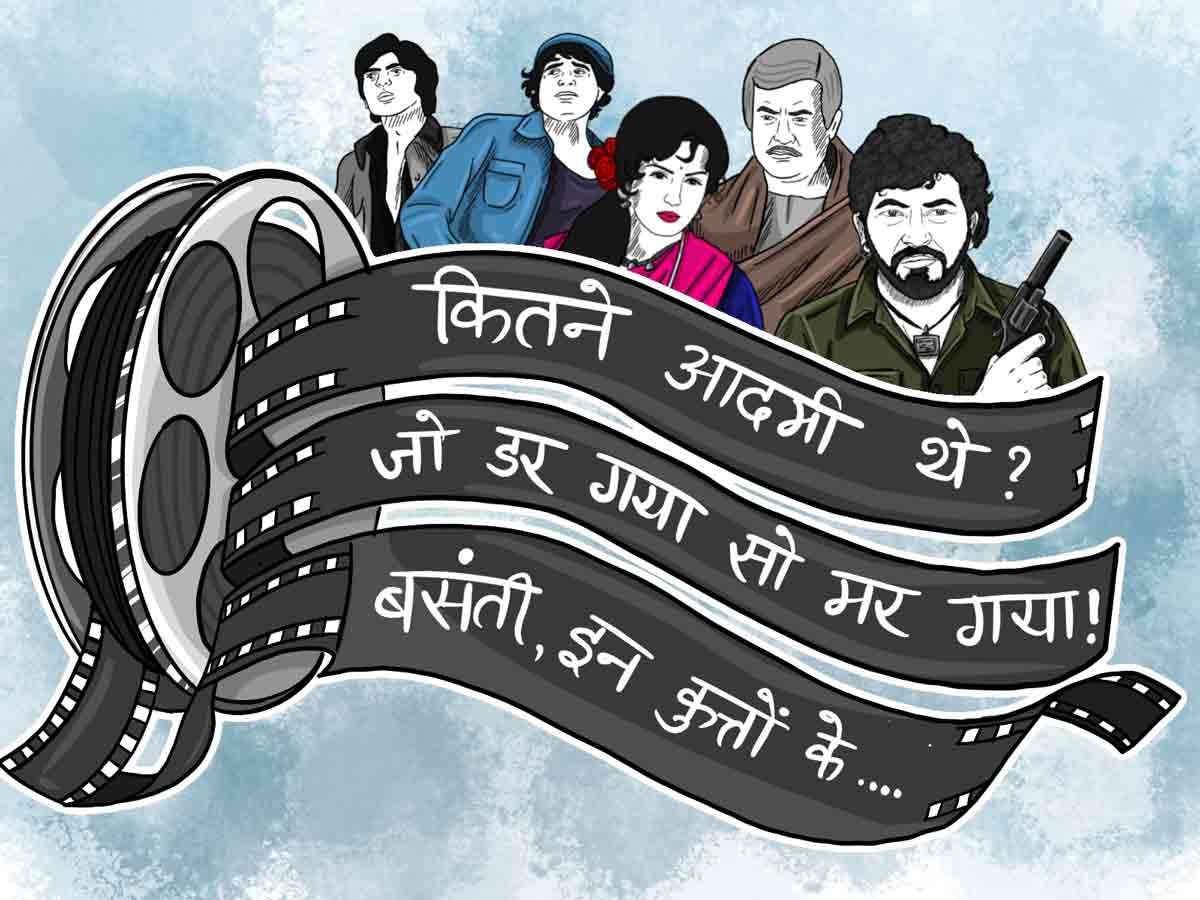
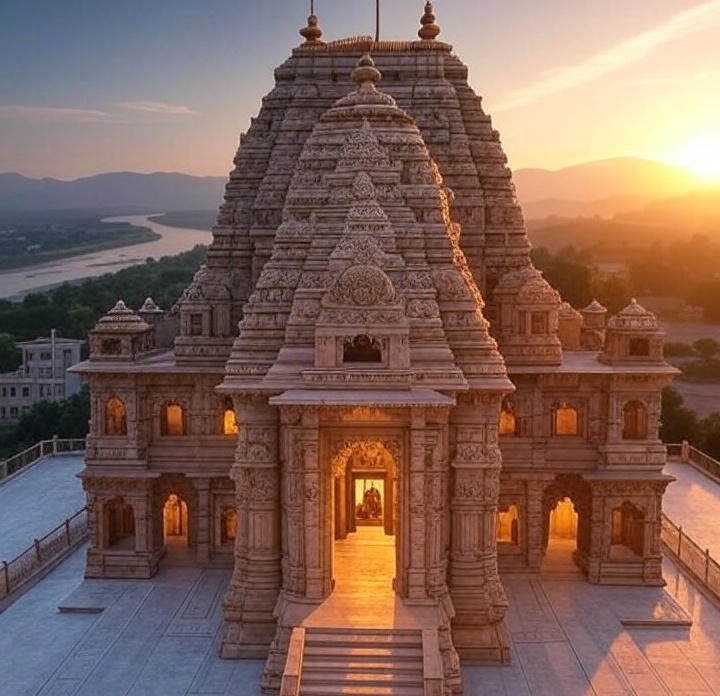
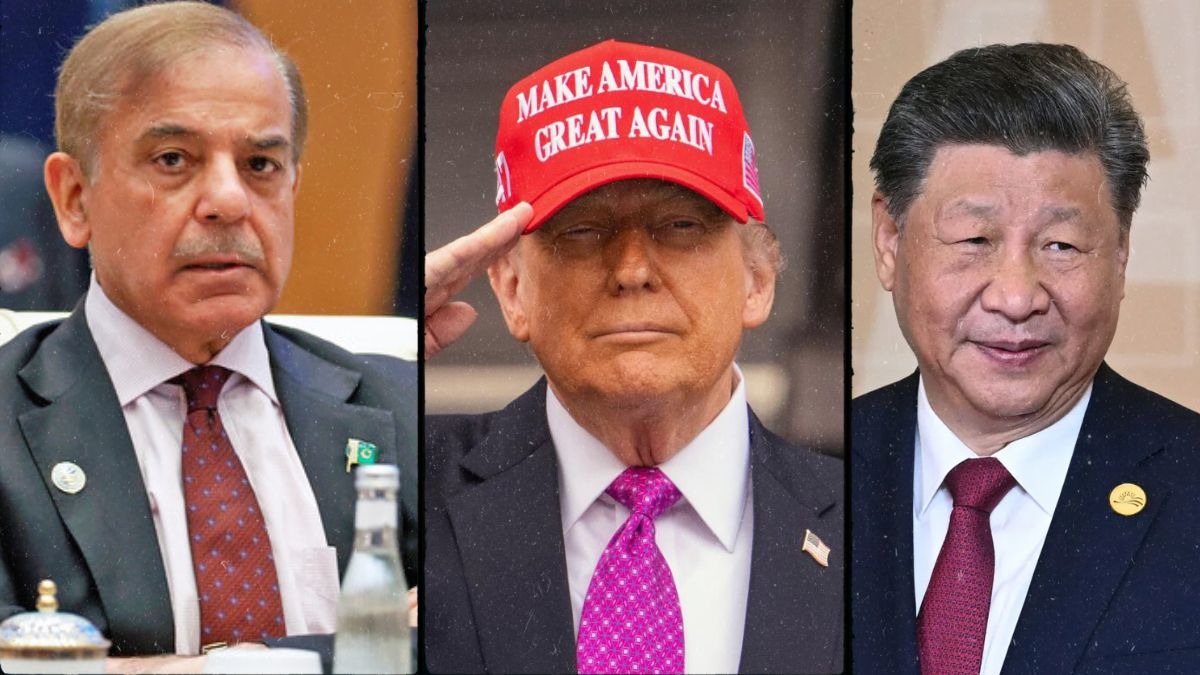
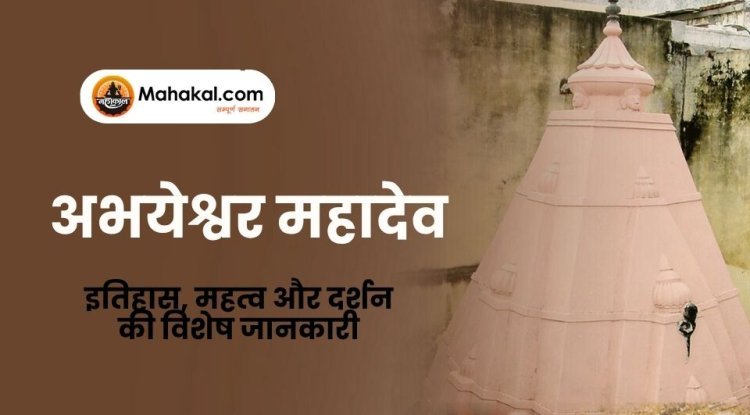
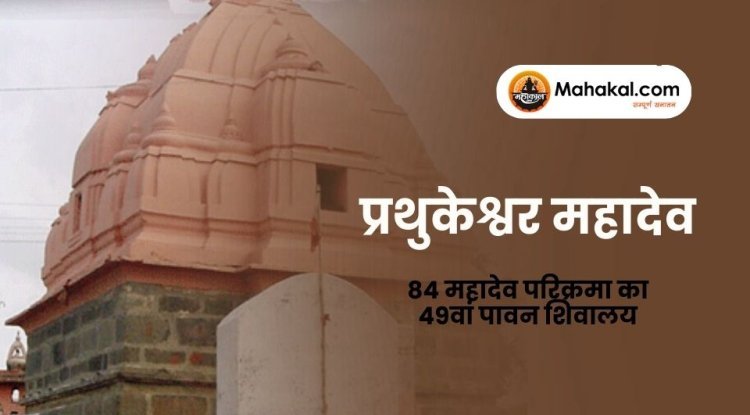
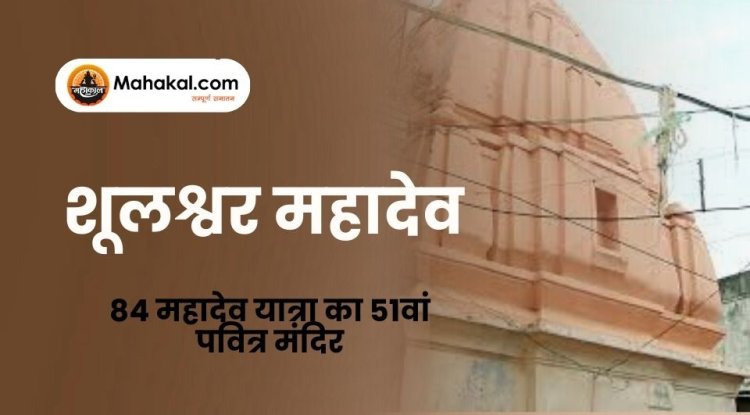
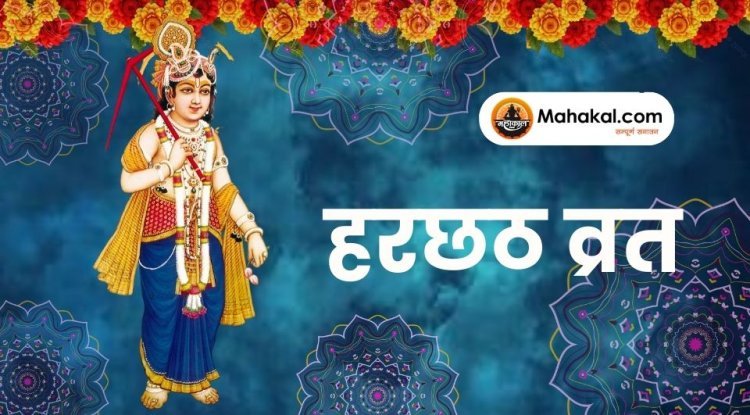





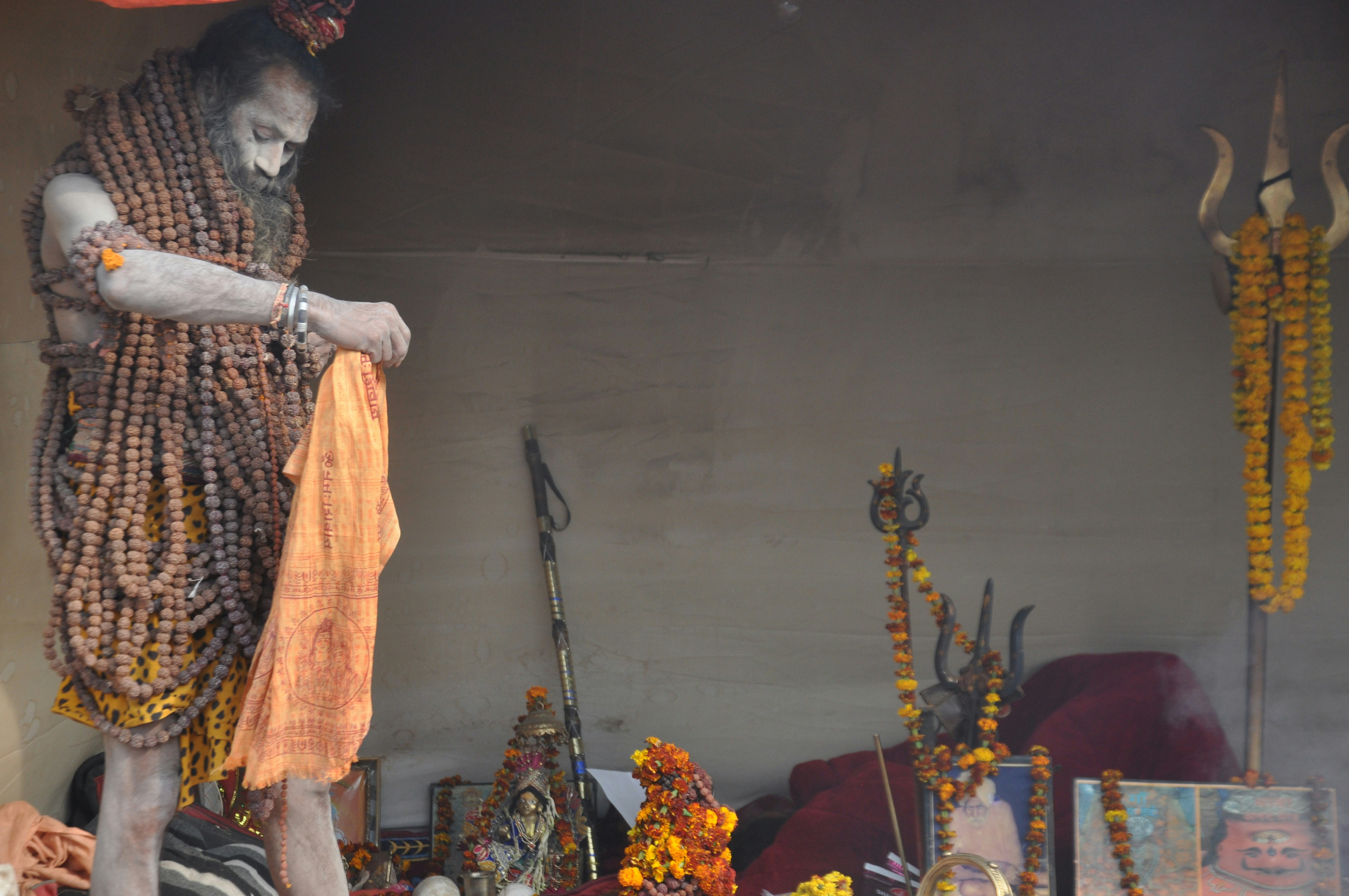

Leave a Reply